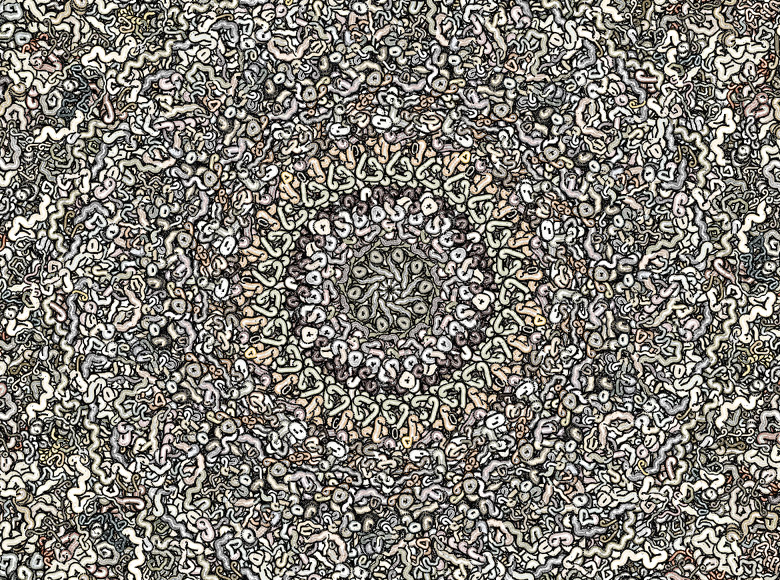An interesting essay by Eric Davis exploring the connections between magic and the computer interface-- magical space as cyberspace.
The point of all this, I think, is that magic was once associated with information processing machines, and that our goal with them is to engage an audience with that magic. The idea of being able to build a world with a special formal language is ancient and fascinating.
The point of all this, I think, is that magic was once associated with information processing machines, and that our goal with them is to engage an audience with that magic. The idea of being able to build a world with a special formal language is ancient and fascinating.
